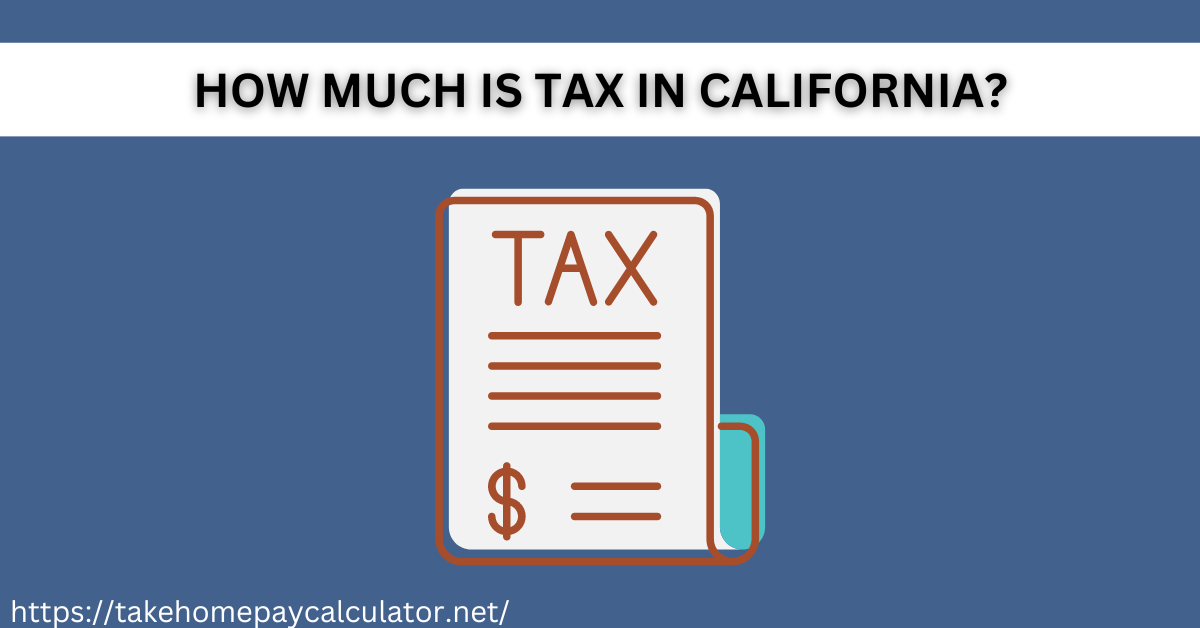California, renowned for its diverse landscapes and strong economy, is also known for its complex tax structure. Whether you’re a resident, business owner, or considering a move to the Golden State, understanding the depth of taxation in California is crucial for effective financial planning. This article serves as a concise guide, exploring the nuances of California’s tax system. Covering personal income tax, sales and use tax, property tax, and business taxes, we aim to equip you with essential insights to navigate the complexities seamlessly. Stay informed to make informed decisions, ensuring compliance and strategic financial planning in California’s unique tax environment. From the progressive personal income tax rates to the varying sales and use tax rates by location, and the impact of Proposition 13 on property taxes, we provide a brief overview of key elements. By staying abreast of these factors, individuals and businesses can optimize their financial strategies within the intricate tax landscape of California.
Personal Income Tax in California
California heavily relies on personal income tax as a primary revenue source, operating on a progressive tax system where higher incomes are subject to higher tax percentages. In 2024, tax rates range from 1% to 12.3%, with the latter applicable to wealthier individuals. It is essential to stay informed about these rates, given the potential for changes influenced by legislative decisions. The progressive nature of California’s income tax system emphasizes the need for adaptive financial planning strategies to navigate evolving tax landscapes. Individuals benefit by staying current, ensuring accurate tax calculations, while businesses find value in proactive adjustments to comply with state regulations. In this dynamic tax environment, vigilance and timely updates are key to effectively navigating California’s income tax structure. Whether you’re a resident or a business owner, understanding and adapting to these tax nuances contribute to sound financial management in the Golden State.
Sales and Use Tax Overview
Central to California’s tax structure is the sales and use tax, a key component applied to the acquisition of tangible goods and designated services. The base statewide sales tax stands at 7.25%, with variations arising from additional local district taxes, creating diverse rates across different locations. Understanding these nuances is vital for consumers and businesses alike, enabling them to accurately estimate their expenses. This awareness plays a crucial role in informed financial planning, ensuring that individuals and enterprises can navigate California’s intricate tax landscape with precision. By staying informed about sales and use tax rates, residents and businesses can make strategic decisions aligned with the state’s tax regulations, ultimately contributing to sound financial management in the dynamic economic environment of California.
Property Tax Landscape in California
For Californian homeowners and real estate investors, property taxes carry significant weight. While the state maintains moderate property tax rates, the total tax obligation hinges on the assessed value of the property. Enacted in 1978, Proposition 13 is a key player in this scenario, placing a crucial cap on the annual increase of assessed property value at 2% or the rate of inflation, whichever is lower.
Proposition 13’s influence is undeniable, and it is imperative for property owners to familiarize themselves with its intricacies. By doing so, they can enhance their ability to plan effectively for property-related expenditures. This understanding empowers individuals to navigate the nuances of California’s property tax system, ensuring informed decision-making and strategic financial planning.
As a protective measure for property owners, Proposition 13 prevents sudden and steep increases in property taxes, providing a level of stability and predictability. Being aware of these limitations allows homeowners and real estate investors to budget more effectively, avoiding unexpected financial burdens associated with sharp spikes in property taxes.
Business Taxes in California
Entrepreneurs and business owners navigating California’s business tax environment face a corporate income tax ranging from 1.5% to 8.84%, depending on income levels. The state also imposes a franchise tax on corporations exceeding a specific income threshold. Navigating these taxes is vital for maintaining compliance and making informed financial decisions. Understanding the intricacies of the corporate income tax rates ensures accurate financial planning, while awareness of the franchise tax implications is crucial for businesses aiming to optimize their tax strategies. Staying well-informed about these tax components enables entrepreneurs to align their financial decisions with California’s regulatory landscape, fostering sustainable and compliant business operations.
Conclusion:
In conclusion, understanding how much tax is in California is a multifaceted endeavor. Personal income tax, sales and use tax, property tax, and business taxes all contribute to the state’s revenue stream. Staying informed about the current rates and regulations is essential for individuals and businesses alike. By being proactive in your financial planning, you can ensure compliance with tax laws and make strategic decisions that align with California’s unique tax landscape. Keep abreast of any legislative changes, and consult with financial professionals if needed, to optimize your financial strategy in the Golden State.

